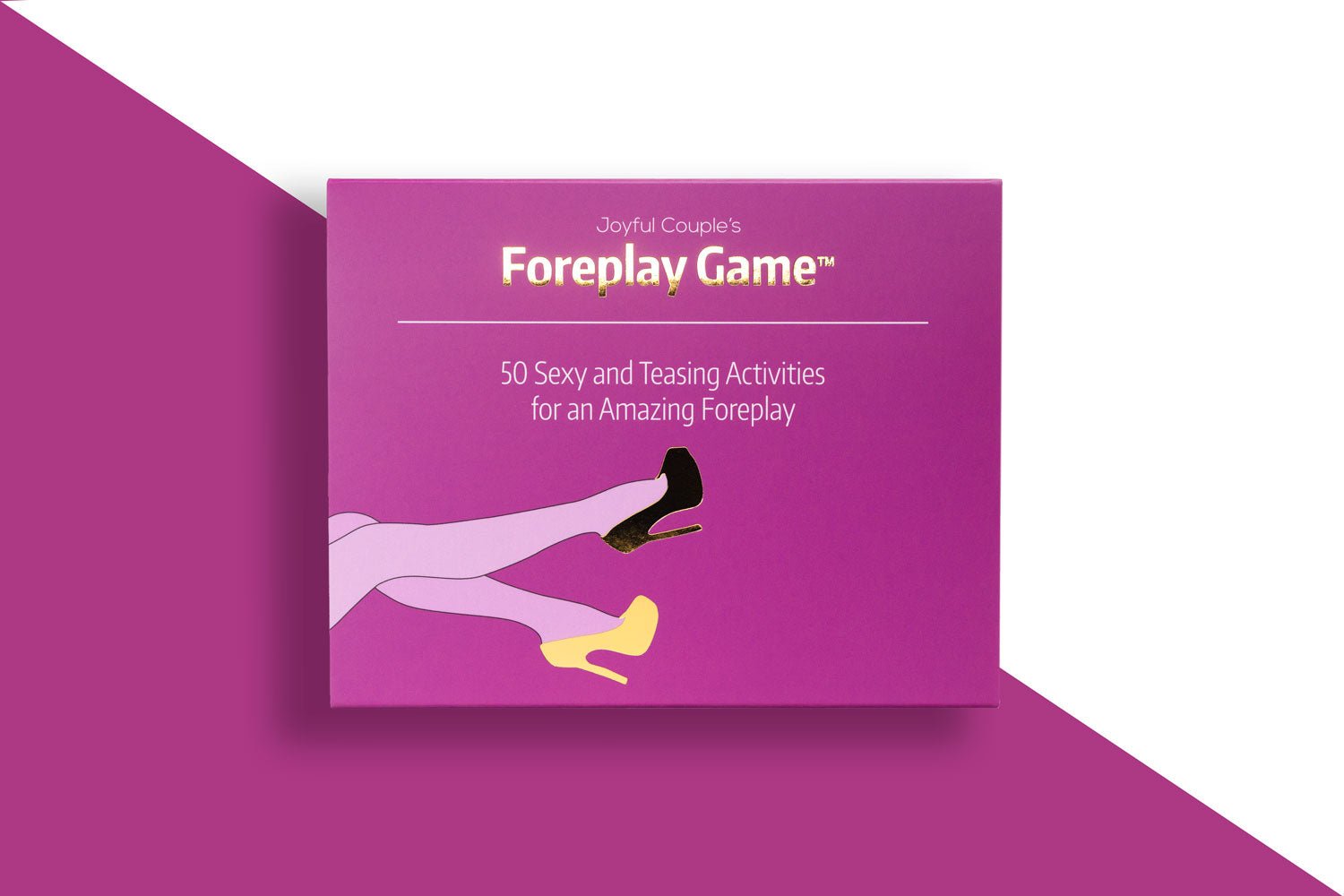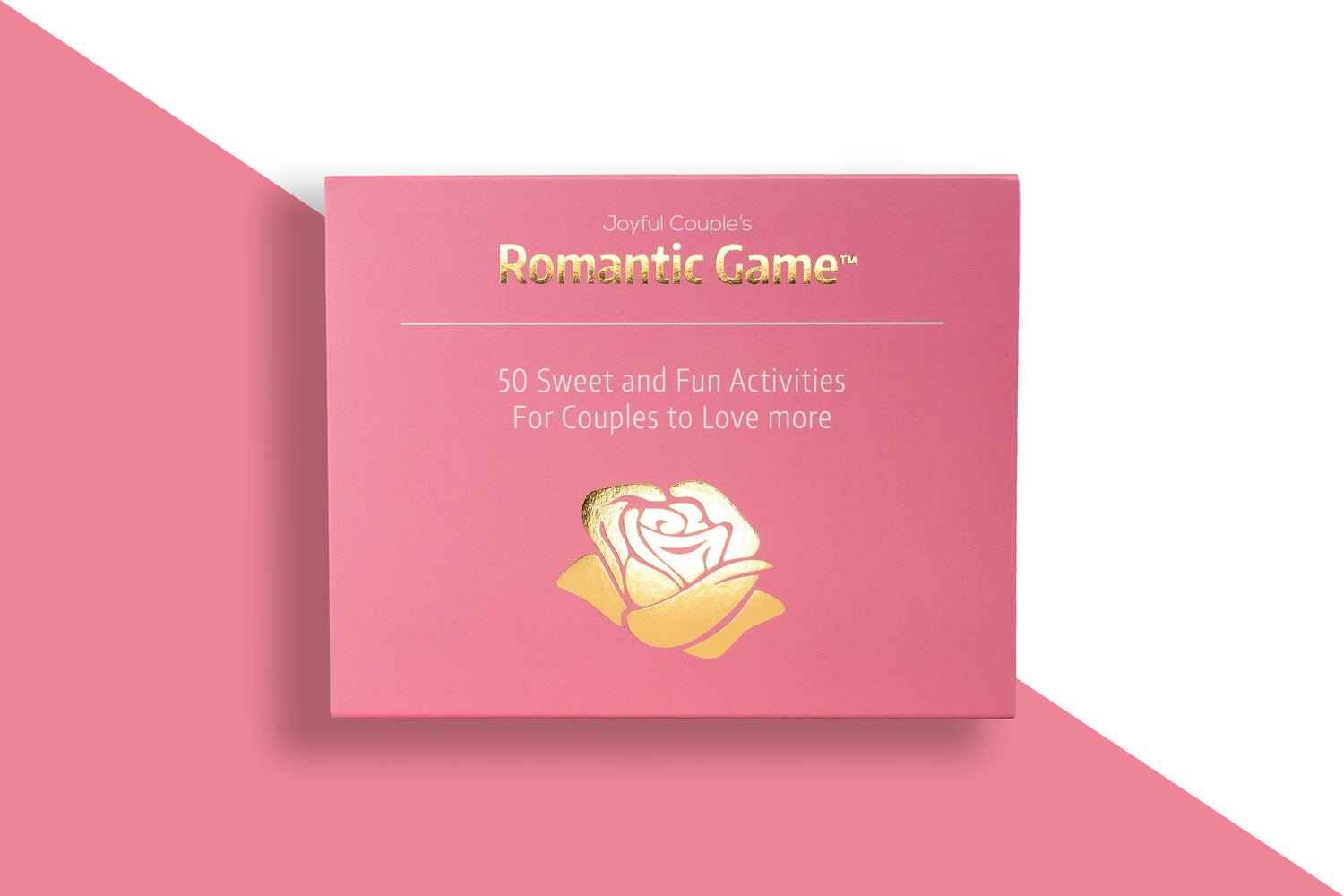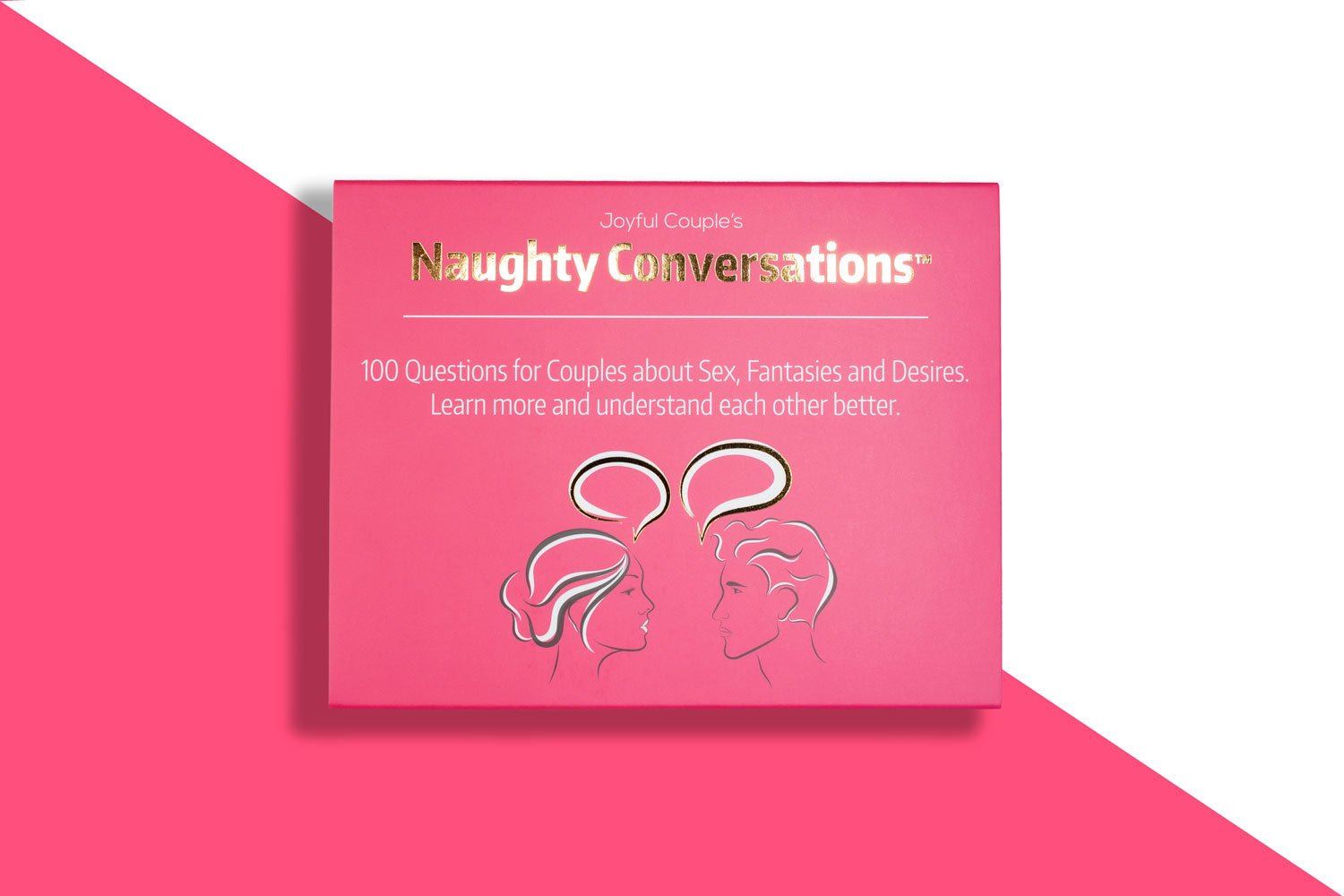Have you ever stopped to ask yourself what really makes a relationship tick? And this goes further than romantic relationships - a significant other, a close friend, or a family member, understanding the dynamics of your interactions can be the difference between a healthy, uplifting connection and a draining, harmful one.
Recognizing the signs of healthy versus unhealthy relationships is essential for maintaining your well-being and fostering genuine, fulfilling connections.
Throughout this guide, we'll dive deep into what sets healthy relationships apart from unhealthy ones.

Defining Healthy and Unhealthy Relationships
Healthy relationships are the bedrock of personal and collective well-being. They are characterized fundamentally by mutual respect, trust, support, and effective communication. In these relationships, both partners experience a safe and nurturing environment, allowing for open and honest exchanges without fear of judgment or retaliation.
-
Mutual Respect: Partners in a healthy relationship appreciate and honor each other's opinions, feelings, and boundaries in a relationship. For instance, if one partner is a vegetarian, the other ensures all meals are respectful of this choice without insistence on changing their dietary habits.
-
Trust: Trust is the cornerstone of any strong relationship. It's the confidence that your partner has your best interests at heart. For example, trusting your partner to manage finances responsibly or to make decisions that benefit both of you, even in your absence.
-
Support: Emotional and practical backing is readily available, whether cheering for each other during career milestones or providing comfort after a personal loss. It's about being your partner's biggest cheerleader in their pursuits and their comforter in times of need.
-
Effective Communication: This is key to resolving conflicts constructively. It involves discussing issues openly and working towards solutions that consider both perspectives rather than letting resentments fester. An example might be negotiating household responsibilities that feel fair to both partners instead of one person feeling burdened.
In contrast, unhealthy, even toxic relationships often lack these foundational elements. They may be marked by disrespect, mistrust, inadequate support, and poor communication.
These dynamics can manifest as one partner dismissing the other's opinions regularly, betraying confidence, offering little emotional support, or handling disagreements with hostility rather than understanding.
-
Disrespect: This occurs when one or both partners consistently disregard the other's thoughts, feelings, or needs, making them feel undervalued. An example of disrespect is frequently interrupting the partner while they speak, mocking their interests, or criticizing their opinions publicly.
-
Mistrust: This is characterized by doubts and jealousy that can erode the foundation of the relationship, leading to behaviors like snooping through a partner's phone, questioning their whereabouts, or demanding access to their personal communications without justification.
-
Control: Control manifests when one partner dominates decisions about the couple's activities, finances, or social interactions. For instance, one might dictate who the other can meet, how they spend their money, or even aspects of their appearance, like how they dress.
-
Poor Communication: Involves frequent misunderstandings and an inability to resolve conflicts constructively. Examples include raising voices and using accusatory language instead of trying to understand each other's point of view or stonewalling and withdrawing from conversations rather than working through disagreements.
Understanding and recognizing these traits are crucial for individuals to assess their relationships critically, identify areas that need improvement, and make changes that cultivate healthier interactions and overall well-being.
What Are The Effects of Healthy And Unhealthy Relationships?
Healthy relationships enrich your life, boosting mental and emotional well-being by fostering feelings of security and happiness. They are characterized by support, respect, and open communication, allowing individuals to thrive personally and within the relationship.
Conversely, unhealthy relationships can lead to significant stress and anxiety, potentially causing long-term emotional and psychological damage. These relationships often involve patterns of disrespect, mistrust, and poor communication, which can diminish self-esteem and personal growth, creating a pervasive sense of instability and dissatisfaction.

Tools for Evaluation: Introducing the Relationship Health Worksheet
We've created the Relationship Health Worksheet to assist you in evaluating the dynamics of your relationship more effectively. This worksheet is structured with targeted questions and prompts that address various aspects of relationship health.
It's designed to help you and your partner reflect on what's working well and what might need some attention, offering a clear pathway to nurture and improve your bond. Here's how you can make the most of this valuable tool:
Improving Relationship Health
To enhance the health of your relationship, focus on open communication, mutual understanding, and constructive conflict resolution. Effective communication involves expressing feelings clearly and listening actively, ensuring both partners feel understood and valued. Tackling conflicts constructively is crucial; approach disagreements with the intent to resolve them together, fostering trust and cooperation.
Introducing fun and playful elements can also strengthen bonds. For example, playing Joyful Couple's Romantic Game can provide new ways to engage and communicate, offering scenarios that deepen connection through light-hearted, intimate activities. This improves communication and adds a fresh, enjoyable dynamic to the relationship, helping partners reconnect and maintain a robust and healthy bond.
When to Seek Help
Knowing when to seek professional assistance is crucial in maintaining a healthy relationship. If unresolved issues persist and lead to continuous unhappiness or dysfunction, it may be time to consult a relationship counselor.
A professional can offer valuable guidance and support, helping to address and resolve deep-seated issues effectively. Engaging with a counselor can provide a neutral perspective and specialized strategies that empower both partners to improve their relationship dynamics and emotional well-being.

Conclusion
Understanding the signs of healthy and unhealthy relationships is crucial for anyone looking to foster more profound and meaningful connections. By recognizing where your relationships stand and utilizing tools like Joyful Couple's relationship games, you can work towards nurturing healthier, more satisfying interactions.
For more resources and ideas on enhancing your relationship, visit the Joyful Couple website and discover how our games can transform your approach to love and connection. Start today and commit to a future where all your relationships are as healthy as possible.
And as always, feel free to read other relationship tips and look around our store to find some thoughtful and sexy gifts for couples.
FAQ Section:
1. What are the key signs of a healthy relationship?
A healthy relationship is characterized by mutual respect, trust, and support, where both partners feel safe and valued. Open and honest communication is prevalent, allowing both individuals to express themselves freely without fear of judgment. This creates a nurturing environment where conflicts are resolved constructively, and both partners work towards mutual satisfaction.
2. How can I tell if I'm in an unhealthy relationship?
Persistent disrespect, mistrust, controlling behaviors, and poor communication are signs of an unhealthy relationship. If one partner consistently devalues the other's thoughts or feelings, exhibits jealousy, or tries to control the other's actions and relationships, these are red flags. Frequent misunderstandings and the inability to resolve conflicts healthily also indicate an unhealthy relationship.
3. What should I do if I recognize unhealthy traits in my relationship?
First, assess the situation using tools like the Relationship Health Worksheet to understand specific areas needing improvement. Open communication about your concerns with your partner is crucial. If issues persist or the relationship dynamics are causing distress, seeking professional help from a counselor or therapist is recommended to provide guidance and support.
4. How can games from Joyful Couple help improve my relationship?
Games from Joyful Couple, such as the Romantic Game and Life Conversations, provide a playful and intimate way to improve communication and deepen connections. These games encourage light-hearted interactions and meaningful conversations, making exploring each other's desires and preferences easier in a fun setting. This can help strengthen your relationship and make addressing and resolving conflicts easier.









